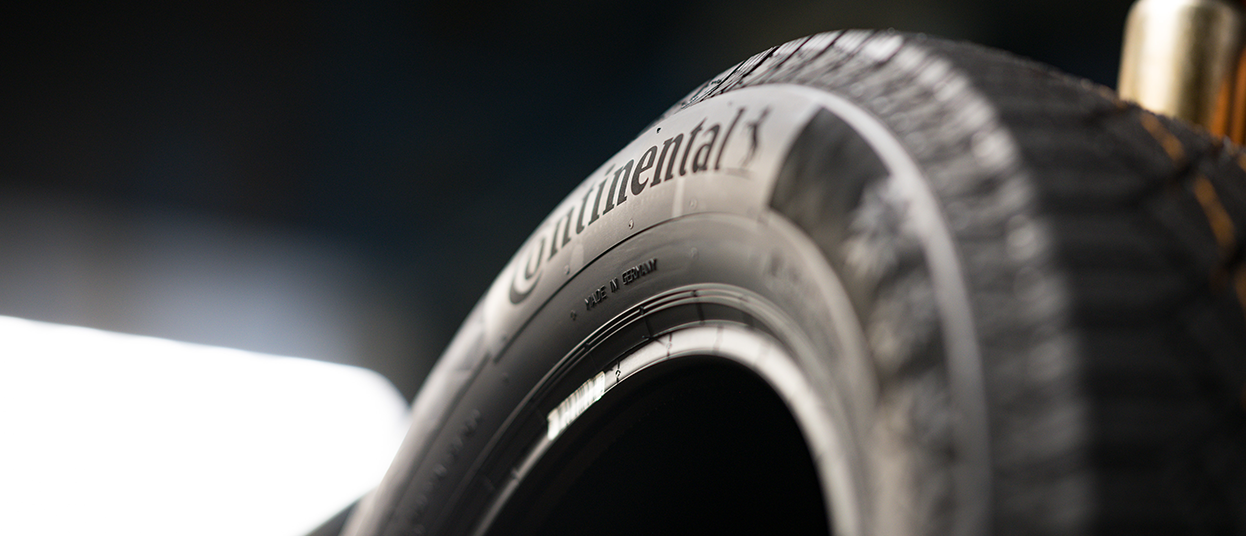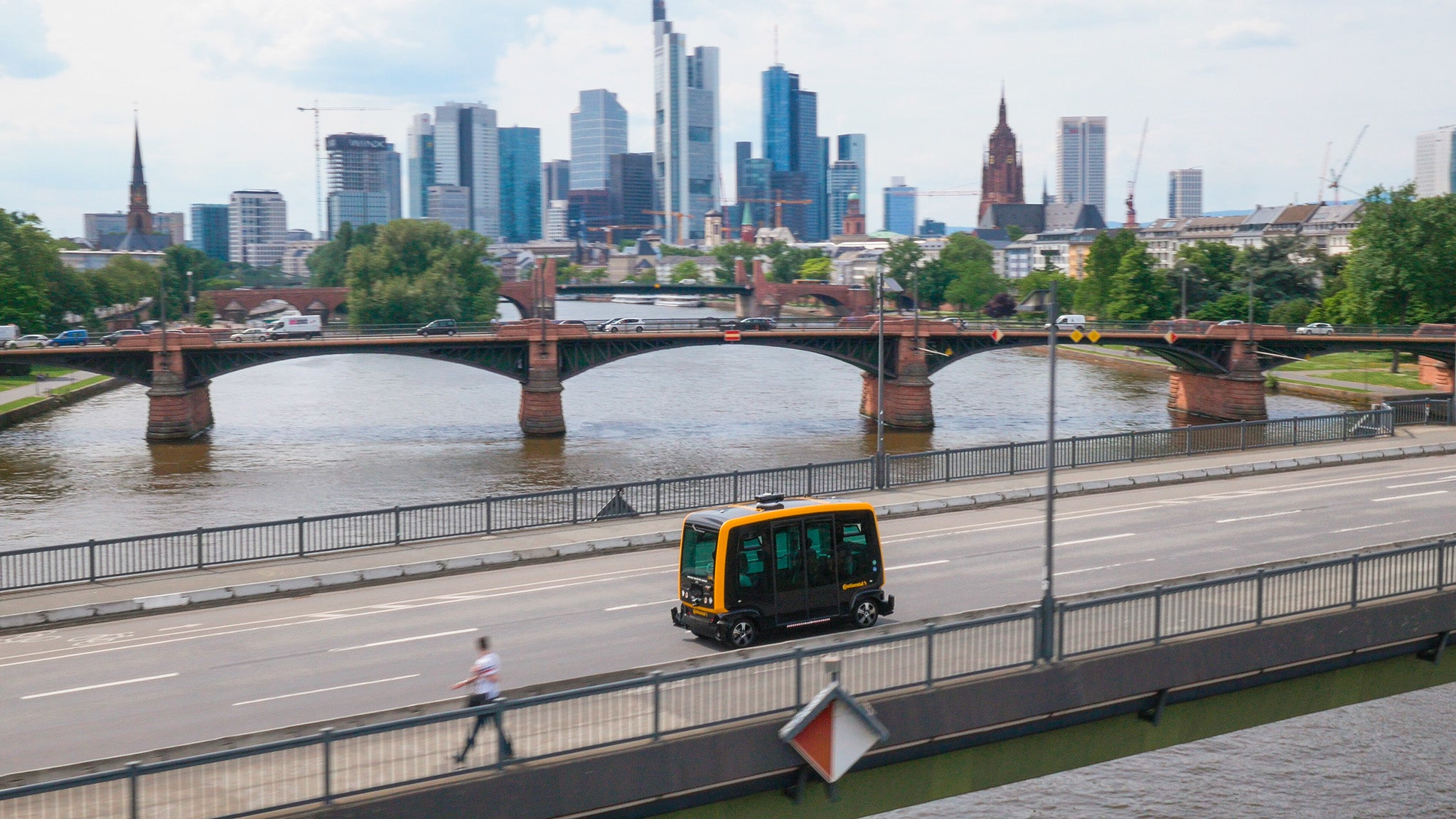
# Technology and Innovation
Recycled PET bottles in tyres
We've used recycled PET bottles in tyre production since 2022

A new technology for making recycled polyester yarn. Tyres can’t last forever. However, the life cycle of the materials used in one tyre can be much longer than that of the tyre itself. We have just got one step closer to the goal of making tyres from 100% recycled or sustainable materials. We are at the vanguard of a more eco-friendly automotive industry and have already committed to using new technologies that utilise recycled materials. Since 2022, we've used reprocessed polyethylene terephthalate (PET) in the construction of our tyre carcasses, completely replacing the use of conventional virgin PET.
What does this mean for you? Essentially, you can reduce your carbon footprint before you have even started your vehicle! And this is just the first exciting step.
How plastic bottles end up in tyres
So how can recycled plastic bottles be used in a car tyre? We teamed up with OTIZ, a fibre specialist and textile manufacturer, to develop a specialised technology that produces high-quality polyester yarn from recycled PET without the chemical steps previously required in the recycling process. Polyester may not be the first material you think of when you see a car tyre, but polyethylene terephthalate (PET) yarn is actually an essential ingredient that makes up the tyre carcass in the form of textile cords that run from bead to bead (the inner circle of the tyre). The horseshoe-shaped layer sits just above the inner liner, affecting tyre durability, load carriage, and comfort. It’s the backbone of the tyre, sustains loads, and absorbs shock. It maintains its shape even at very high temperature, so thermal stability is crucial.
A conventional car tyre contains around 400g of polyester yarn in its carcass, and PET is used as the carcass material in the majority of our tyres. This has traditionally been sourced from what is known as virgin PET, polyester yarn made from petroleum. Thanks to our innovative partnership with OTIZ, that is now set to change.
More than 60 recycled plastic bottles will provide the polyester required for a complete set of new tyres, without affecting the quality of the finished product. In the process of “upcycling,” PET waste becomes a high-performance PET material. Extensive laboratory and tyre tests have proven that the secondary raw material fibres, those made from recycled PET, are just as durable and strong as virgin PET – there is no performance impact. At this year’s IAA MOBILITY, we introduced this highly innovative material to the auto industry as part of our Conti GreenConcept tyre. It was the perfect fit for the mobility show, where experts and industry leaders from all over the world discussed the mobility of the future, including green technology to lower carbon emissions.

In our innovative recycling process, the fibres are spun from recycled PET without having to break the material down into its components beforehand.
Dr. Andreas Topp, Head of Materials, Process Development and Industrialisation of the Tyres business area at Continental
Today's plastic waste is tomorrow's production material
We’re all responsible for the excessive global use of single-use plastic. Reducing our use of plastic bottles for water and fizzy drinks, for example, is an important first step. However, until single-use plastics are banned globally, upcycling provides new business opportunities while also helping to reduce plastic waste in our oceans and in landfills. The use of recycled polyester has other environmental benefits, too. It uses less energy in production, and using recycled PET helps to reduce manufacturing reliance on fossil fuels.

Reuse, recycle, repeat
Claus Petschick, our Head of Sustainability, believes a circular economy is the only environmentally friendly future businesses model. In a traditional linear economy, a natural resource is created, used, and ultimately ends its life as a waste product or pollutant. Circular economics aim to separate continued growth from the consumption of finite resources; a circular process goes from design to consumer purchase to recycling, and back again. And the use of PET bottles is just the first step in our commitment to using recycled materials in the design, development, and production of premium tyres.
“Our ambition is clear,” Petschick states, explaining how we want "to completely close our product and resource cycles” by 2050 at the latest, which would mean using 100% sustainably produced materials in the production of new tyres.


